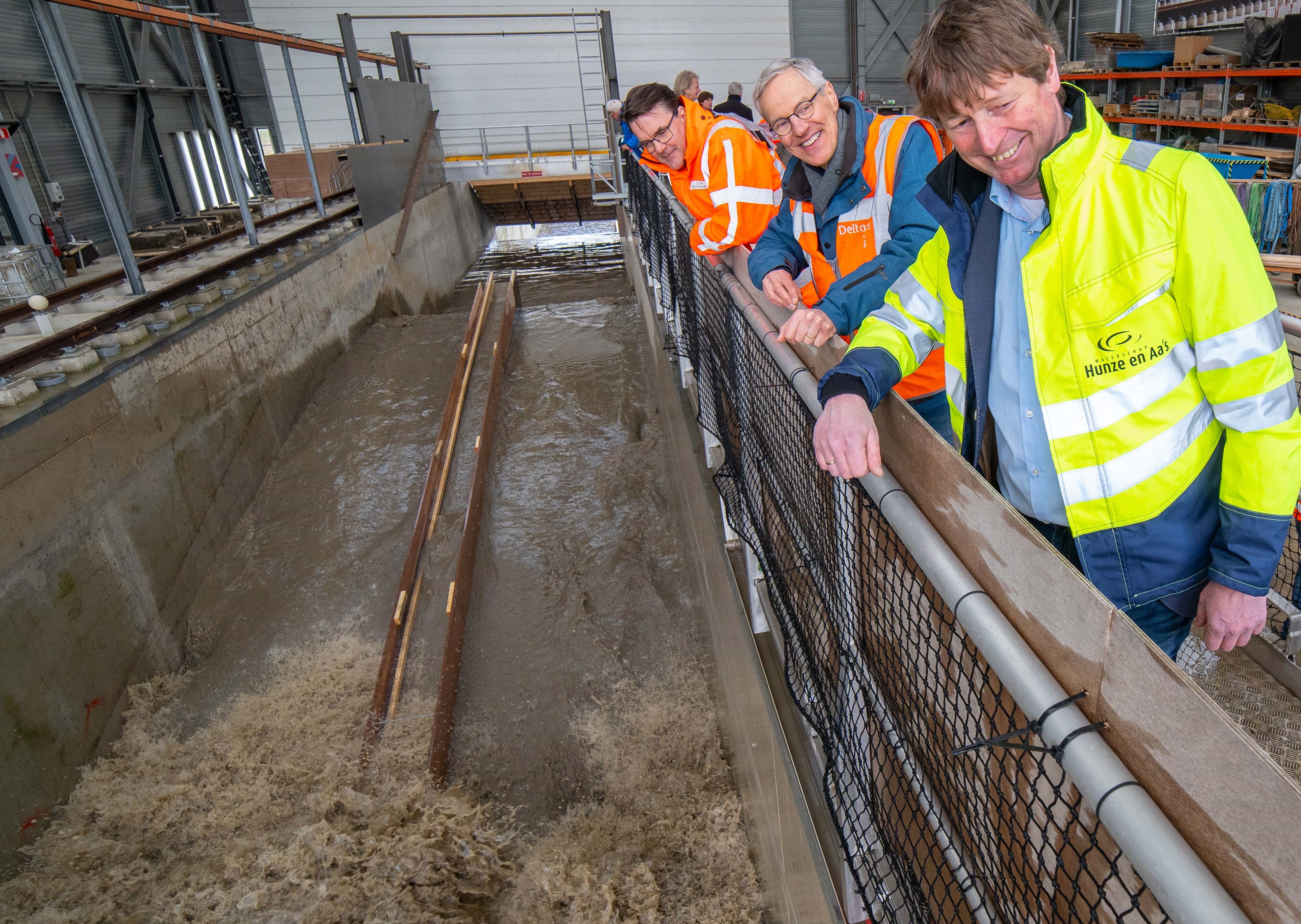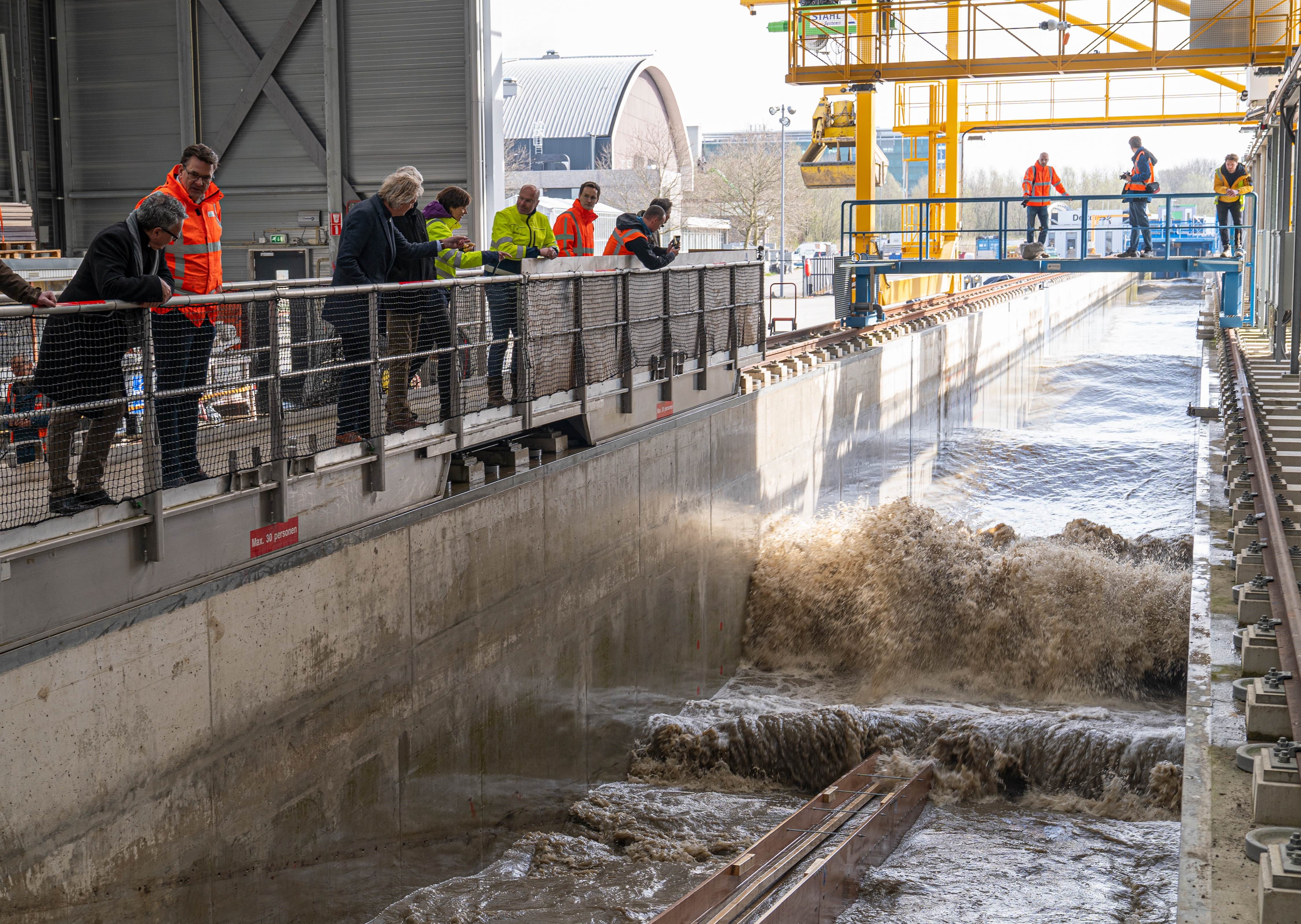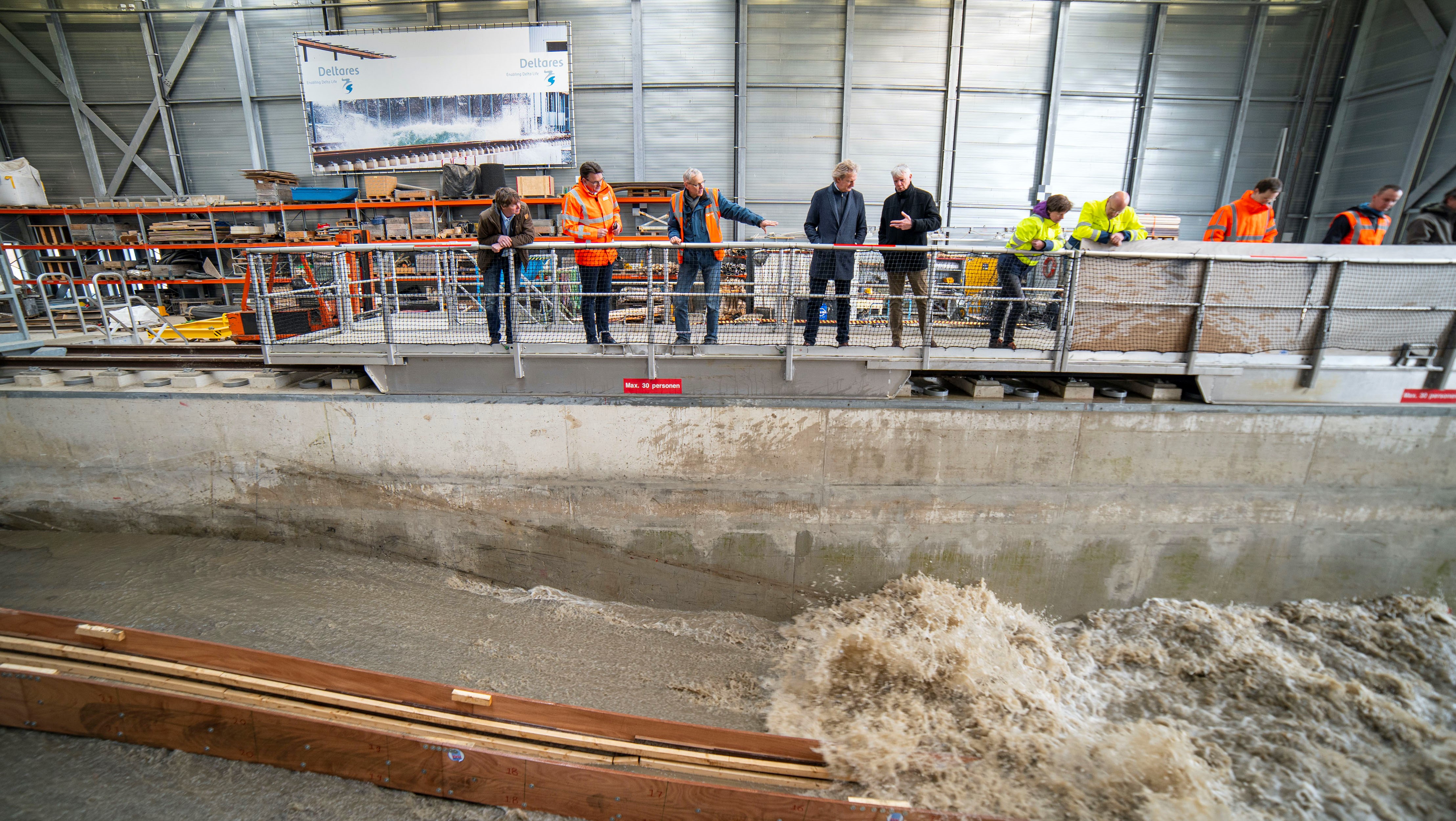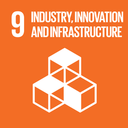Realizing climate neutral sediment management
Sustainable and scalable sediment management of ports and waterways is crucial for the vitality and economy of deltas worldwide. Amongst others sediment management is key for the assurance of transport functions, adaptation to climate change and sustainable ecosystem quality. The main challenges for sediment management are threefold: reducing green house gas emissions of dredging activities to make the sector climate neutral; re-use of sediments to contribute to a circular approach; scalable sediment management to adapt to climate change and sea level rise.
Climate neutral sediment management
Climate neutral sediment management entails the reduction of green house gas emissions from dredging activities and equipment, and also reducing the green house gas emissions from oxidation of organic materials. Together with Port of Rotterdam, Rijkswaterstaat and Delft University of Technology Deltares explores smarter sediment management in the Port of Rotterdam (TKI PRISMA & TKI Gel barriers). In the TKI Dutch Coastline Challenge, together with Rijkswaterstaat, contractors, Delft University of Technology and EcoShape) we work towards alternatives for climate-neutral coastal maintenance. The BlueCAN project (with STOWA and Witteveen+Bos) investigates forgotten greenhouse gas emissions from small lakes and canals. The first results of measurement in 2021 show a strong relationship between greenhouse gas emissions and nutrient load. During the next four years emissions of greenhouse gases will be measured during dredging activities with the Eddy Covariance measuring tower which Deltares recently purchased.
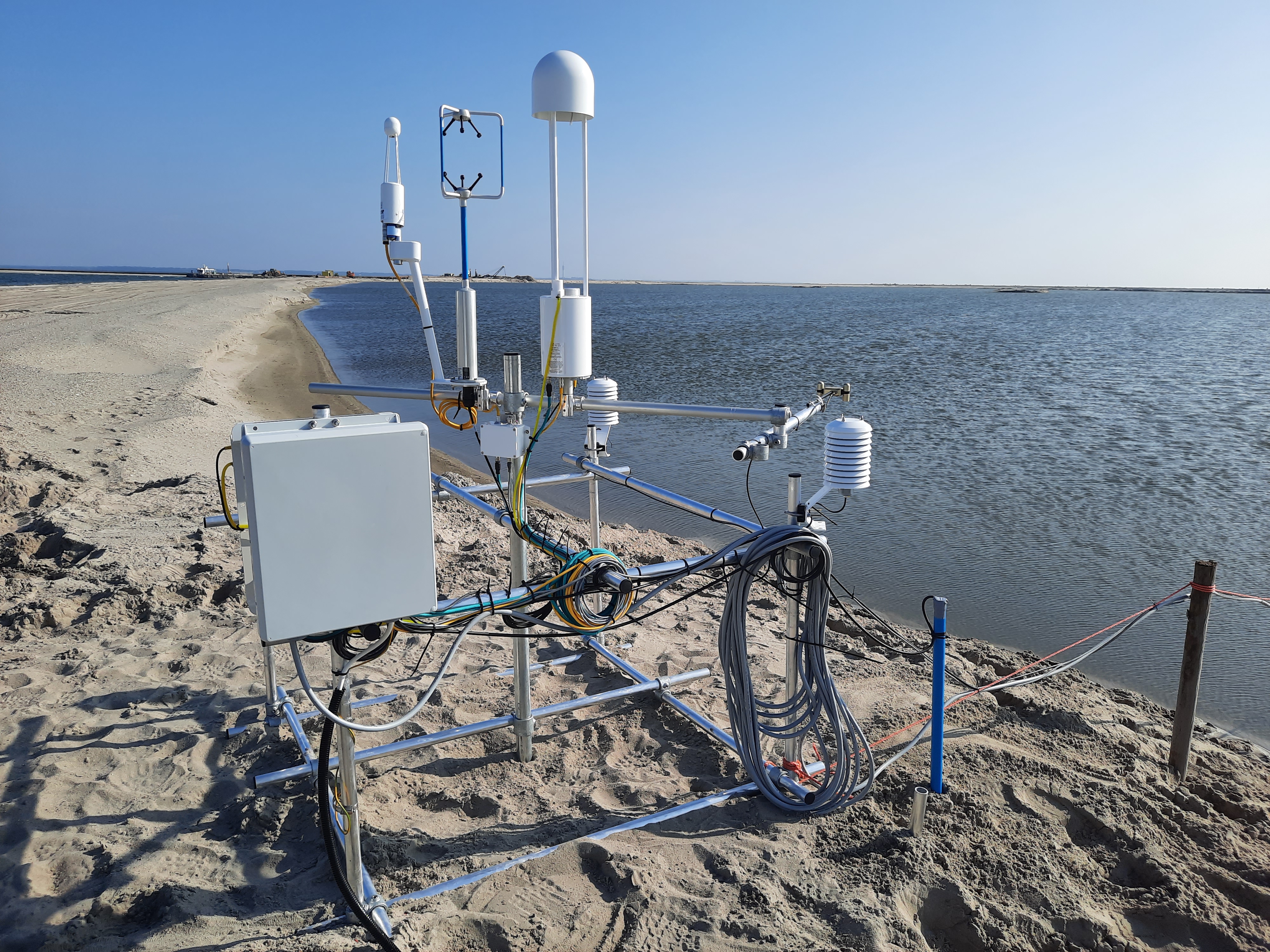
Circular use of clay
In terms of circular sediment management, Deltares develops software (CircSed), validates innovations in living labs (Proeftuin Sediment Rijnmond) and provides guidelines to anchor our knowledge in practice (PIANC WG 214 on Beneficial Sediment Use). One of the highlights of 2021, were the delta flume experiments where we successfully tested the applicability of ripened clay for dike reinforcements obtained from the Ems estuary. The reuse of the sediments from the Ems estuary is crucial for several goals: reducing turbidity in estuaries, dike reinforcements, mitigation of salinization and reduction of peat oxidation.
Scalable sediment management
For scalable sediment management Deltares made progress on long-term delta evolution and adaptation strategies. Through a strong network of partners we bring this knowledge to practice and enable decision-making for sustainable and scalable sediment management, in the Netherlands and abroad. Example projects are the Dutch knowledge program on Sea Level Rise, where we work together with Rijkswaterstaat on system explorations and adaptation strategies for our coastal and water systems. Together with the “Green 11” we also submitted the NL2120 proposal for the National Growth Fund on the green revenue model of the Netherlands (including sediment management).
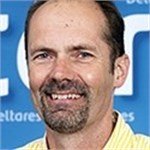
'After dredging operations, a lot of sand and silt is lost from the Rhine-Meuse estuary into the sea or into depots. In order to retain the dredged sand and silt in the natural system of the Rhine-Meuse estuary for as long as possible, a number of major players in this field have got together in the Rhine Estuary Sediment Testing Ground initiative. A more efficient use of dredged sand or silt is good for the environment and the safety of the delta'
Kees Sloff, expert at Deltares
Realizing impact
In 2021, Deltares has contributed to the road towards climate neutral, circular and scalable sediment management. Using innovative experiments in the field and in our research facilities we develop and apply the necessary knowledge, together with our partners.
All Sendai priority’s
More information
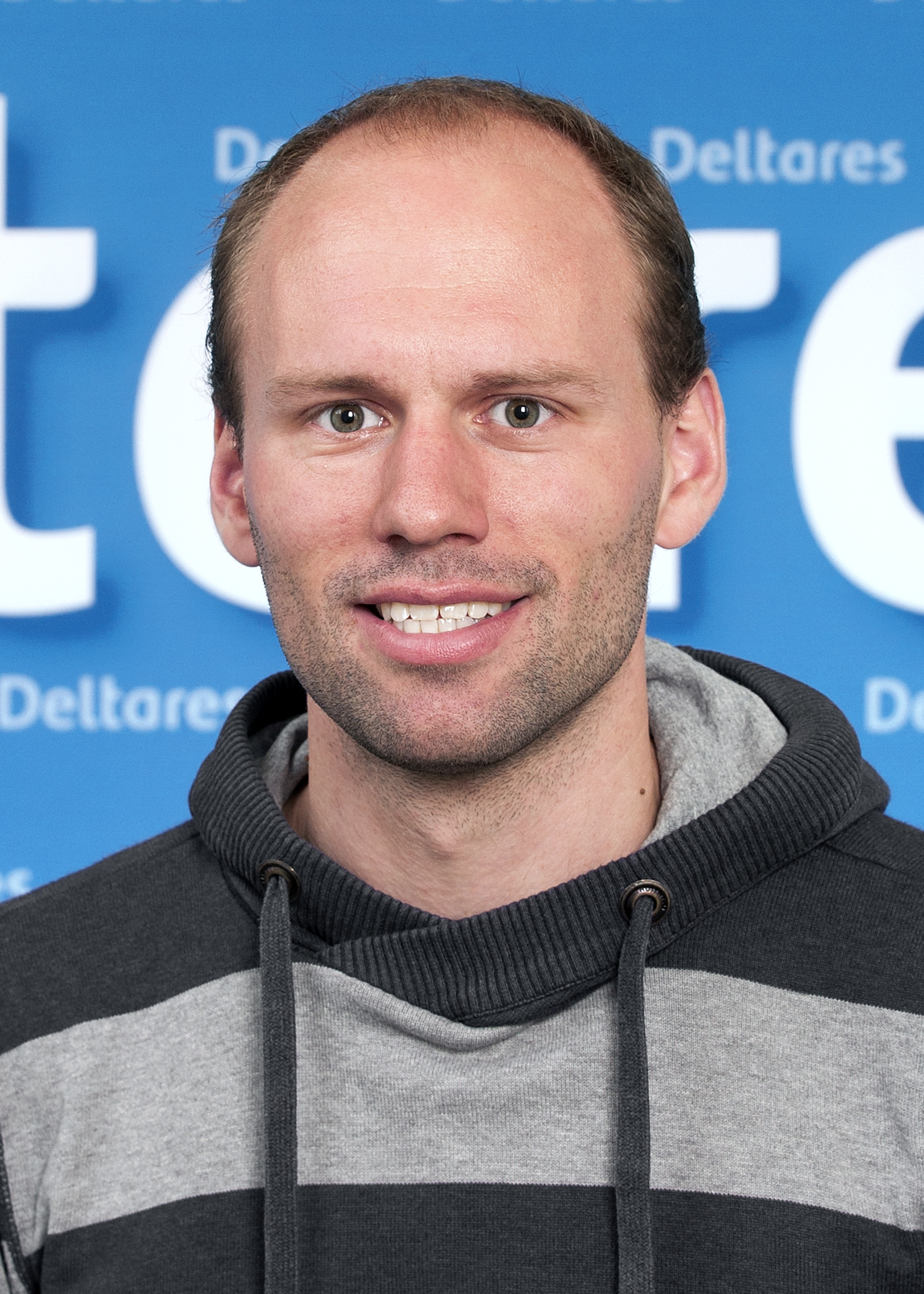
Wiebe de Boer

Wouter van der Star
